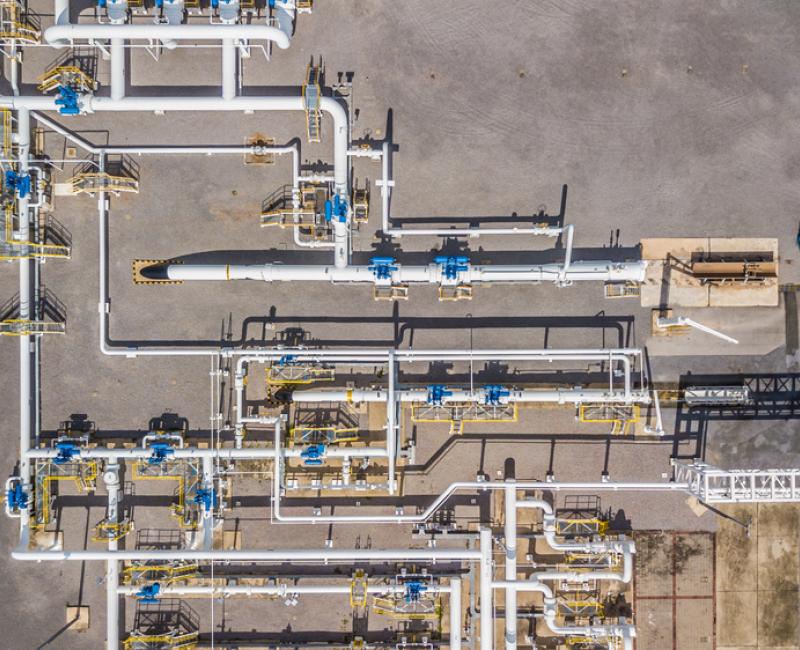ACER finds markets not willing to commit to gas network expansion
What is it about?
Market players have no interest in making long term commitments that pay for gas network expansion according to the latest report on the monitoring of incremental capacity published by the EU Agency for the Cooperation of Energy Regulators (ACER).
The report investigates the incremental capacity cycle between July 2019 and July 2021 and focuses on those regulatory decisions approving projects to proceed to the incremental process’ final stage.
What is the incremental capacity process?
The incremental capacity process mandates transmission system operators (TSOs) to investigate whether some degree of non-binding interest for new capacity can be found at EU gas markets’ borders. If TSOs find sufficient demand, they design a project based on the expressed interest and submit a joint project proposal (including the economic parameters to carry out a viability test) to the concerned national regulatory authorities for coordinated approvals.
In the final step of the process, TSOs request binding commitments from the market through an auction of the incremental capacity based on the approved economic parameters. The project is implemented by TSOs only when the market commitments lead to a viable project where revenues exceed the expected costs. Otherwise, the incremental project is not implemented.
This process of market testing is repeated every odd year on all EU gas markets’ borders.
What is the role of ACER?
ACER monitors the process to ensure it allows for greater interconnectivity and a better functioning of the internal gas market without burdening the existing network users.
What are the report’s main findings?
The analysis showed that, despite TSOs found significant non-binding interest from the market on gas networks expansion (in about one third of the assessed market borders), the market was not willing to convert such interest into any binding contracts that would pay for the capacity increase. As a consequence, no new capacity was developed by the incremental auctions in the latest cycle (2019-2021).
When comparing the results with the previous cycle (2017-2019), the report finds not a single unit of gas transmission capacity developed on the basis of the incremental process after four years.
This outcome can be explained by:
-
the maturity and saturation of the gas transmission capacity’s market
-
by market players factoring in the European Union’s and national climate and energy policies in forecasting the evolution of the gas market, or
-
the market finding unattractive the current access conditions to incremental capacity.
ACER reminds the importance of having a network expansion based on robust demand indications to ensure the overall efficiency of the incremental process. This is particularly key in the current gas market, and in view of achieving the European Union’s climate and energy policy objectives.



